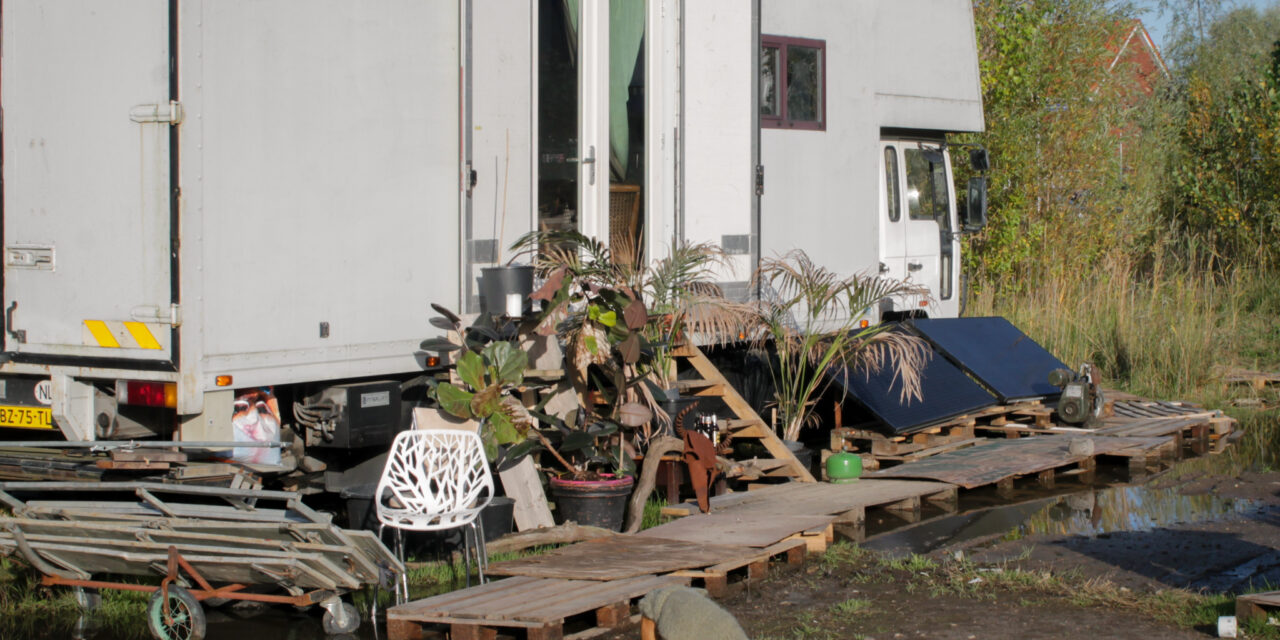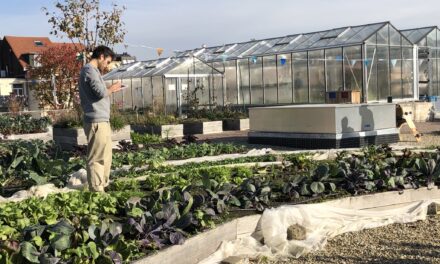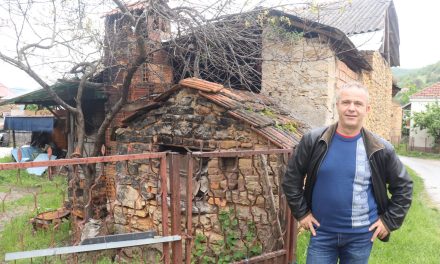Everyone living in Europe can see it happening around them: the housing crisis. Across the continent, the prices for housing is increasing alarmingly with inhabitants often spending more than 40% of their income on housing. In most European cities, the quality of housing is getting steadily worse. That means on top of steep rent, inhabitants also have unaffordable utility bills. At the same time, there are a lot of dwellings and fields that are unused by their owners, drawing squatters. Despite it’s bad image, squatting is an autonomous way of living that in itself is also sustainable. Could it be the solution we need in this crisis?
Teun Zwartstaart* is a squatter in Utrecht, one of the four big cities in the Netherlands, and gives weekly workshops at the Political Cultural Centre in the city centre. Since the most recent housing crisis he has seen an increase in interest in his squatting workshops. The most major increase was after the Housing Protest in September. “Squatting is a cultural movement that has been around since the seventies. It has changed a lot of over the course of years, but the main point remains that squatters use what isn’t being used,” he says.
Squatting has been criminalized by law in the Netherlands and though the movement is still present, it’s not what it used to be. It has mainly been growing in other parts of the world. The movement, however, has made a significant impact on many European cities. Teun recommends visiting “Het Veldje” to get to know the movement and its people.
“Het Veldje” is a field from the municipal in the south of Utrecht that was squatted earlier this year. Roos and Hielke are two of ten residents.




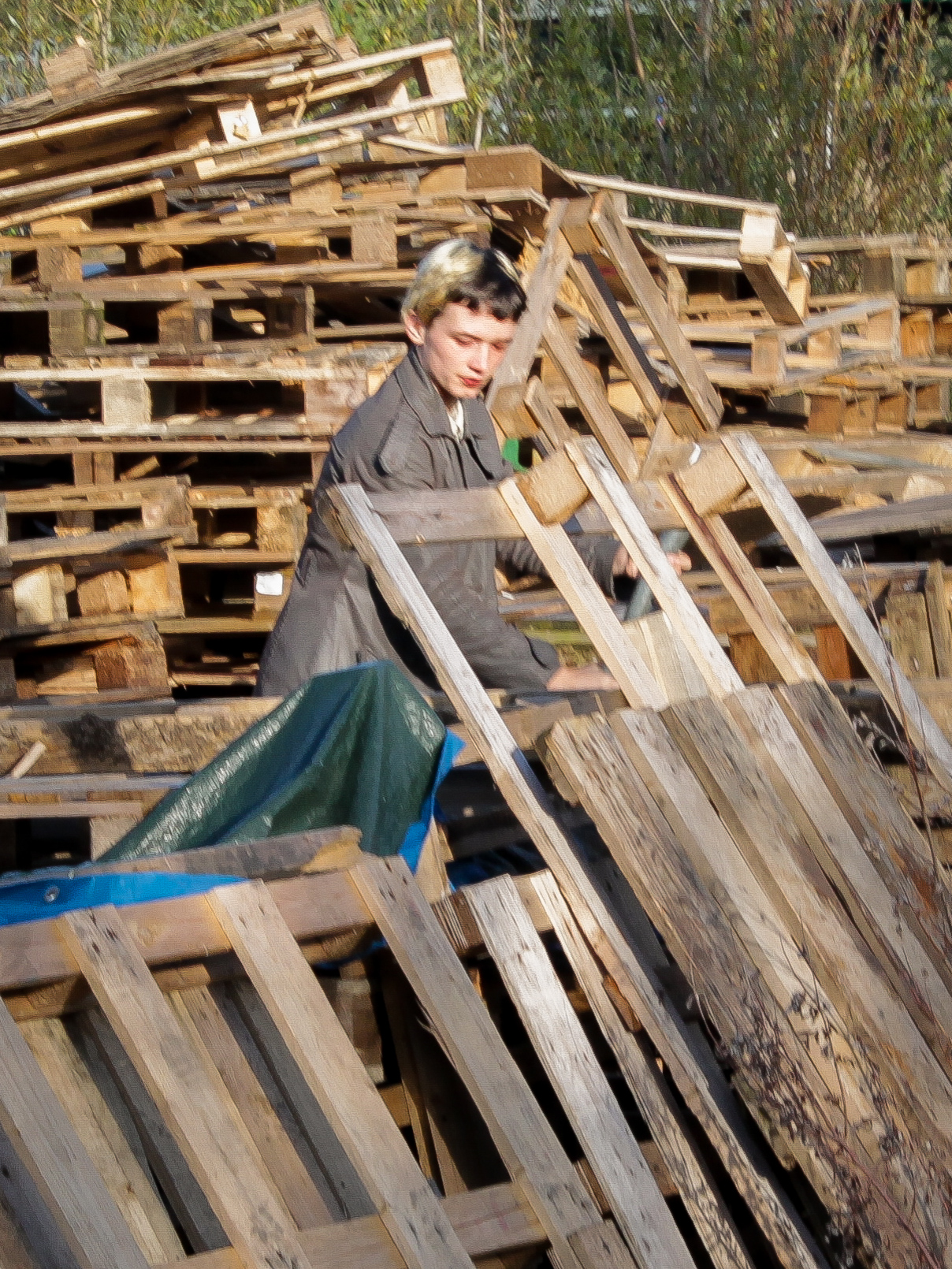




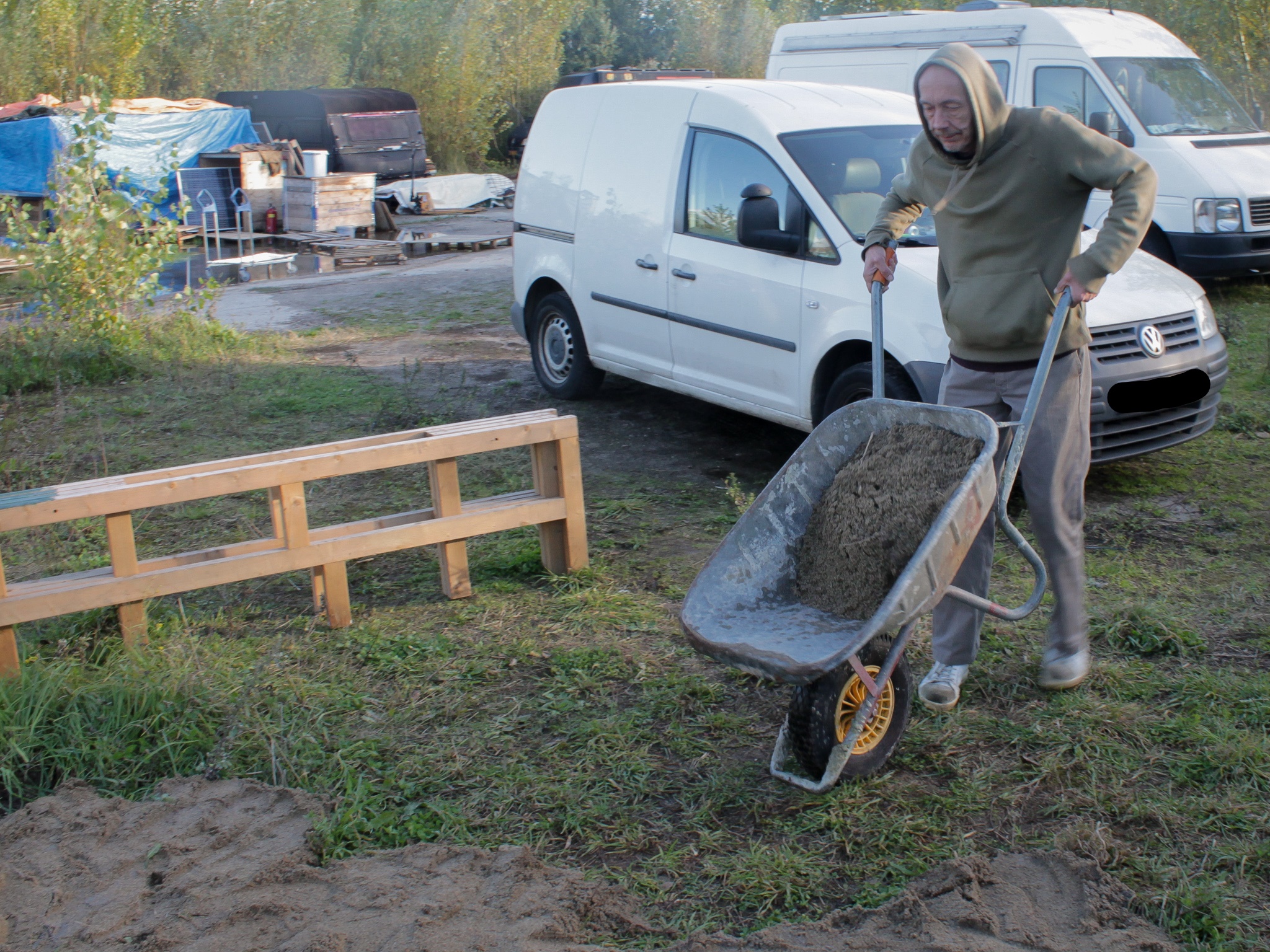
But is it the solution for the current housing crisis in the Netherlands and the rest of Europe? “No, it is not the solution because there is not one solution to this crisis”, Teun concludes. “But I do believe that for some people it is a solution. As a movement however, this is a good way to make a political statement about the current housing situation.”
